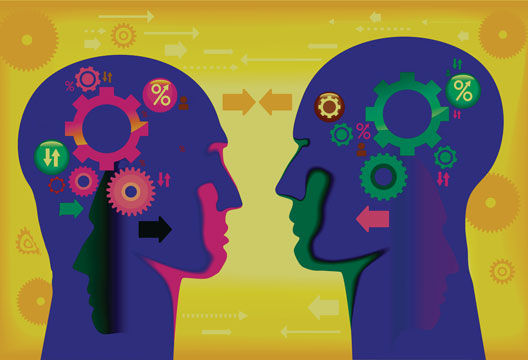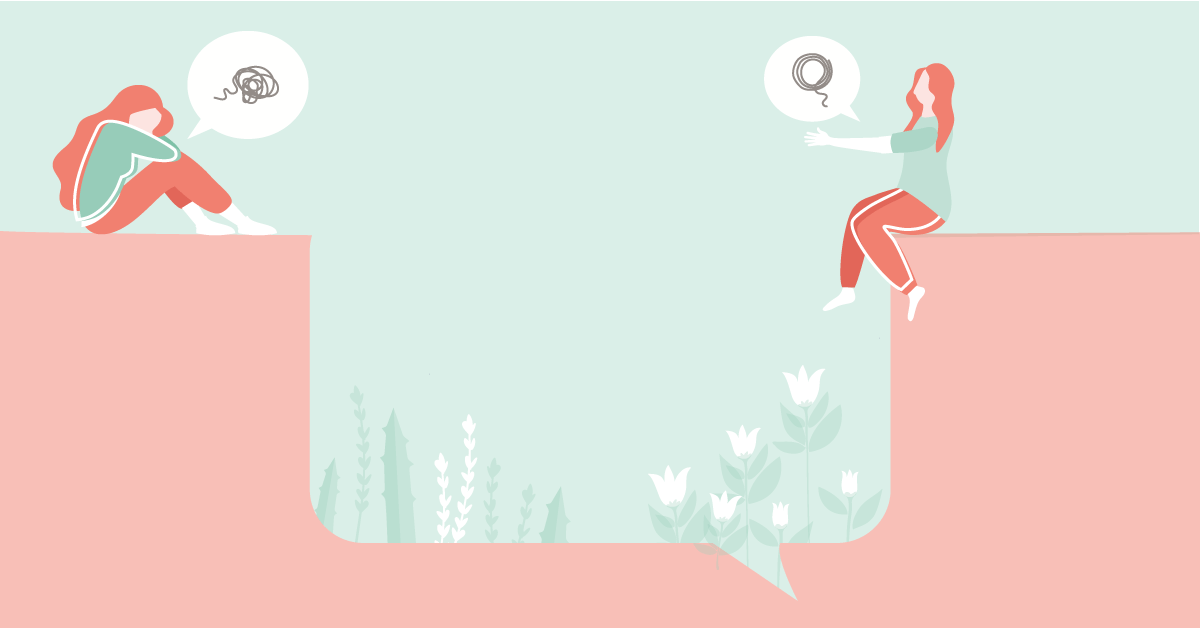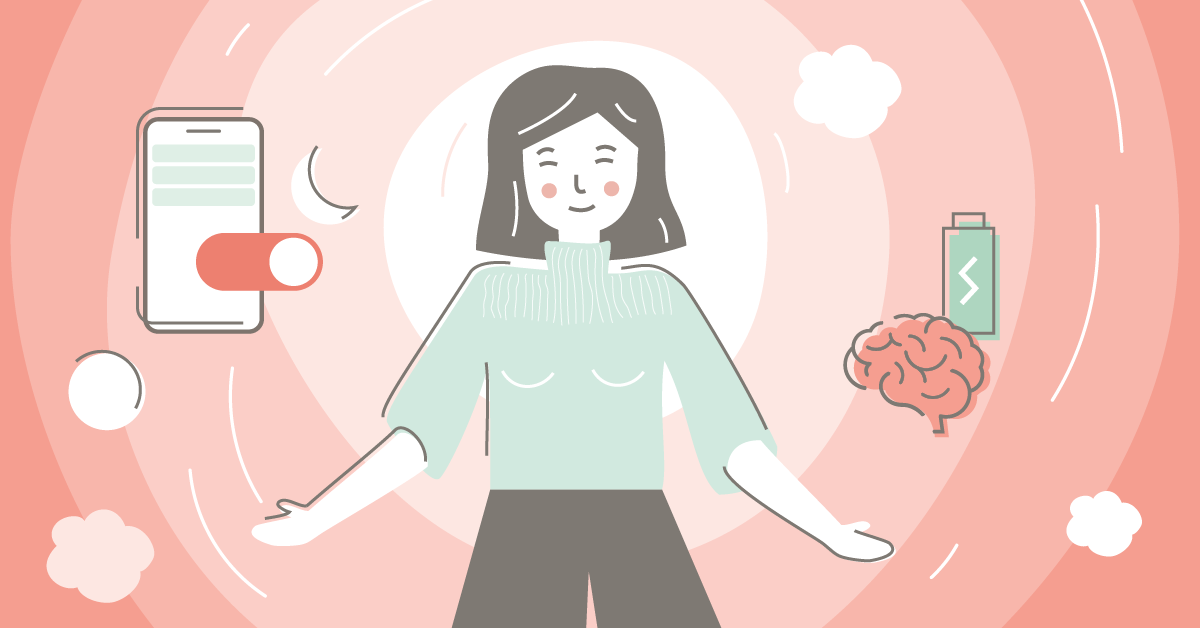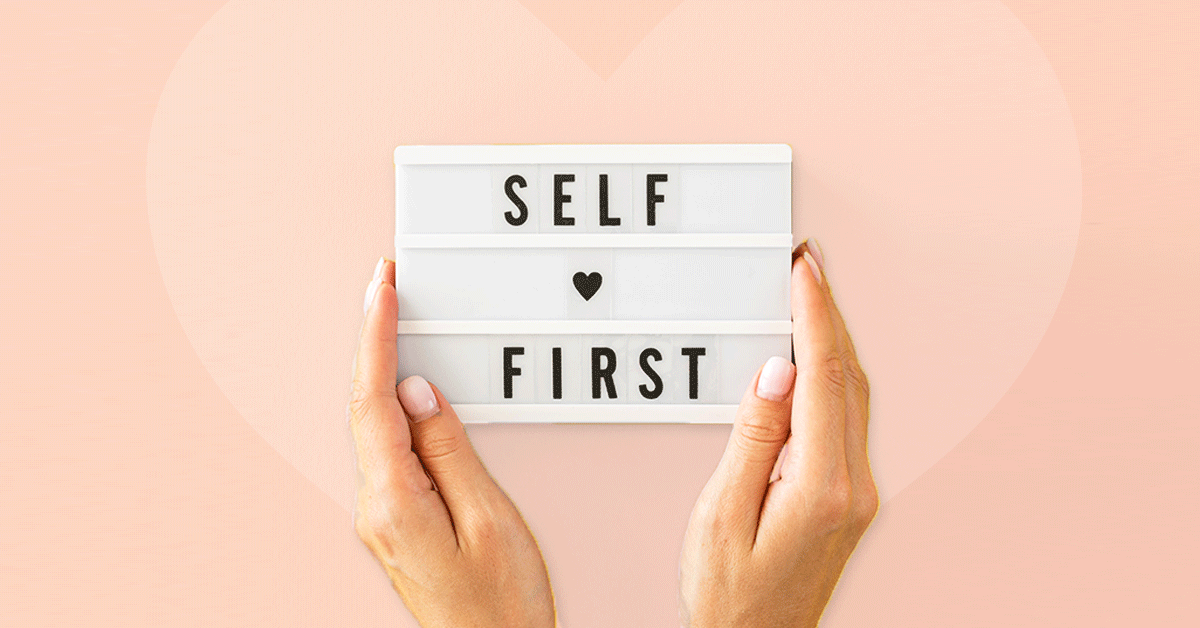Individuals today seek counselling and psychotherapy for a variety of reasons.
During this process, they share their personal, deep experiences of their truest self in return for a great deal of care and support. While revealing their story they are often left in a vulnerable position. The therapist therefore has to handle the client in an extremely sensitive manner. Therefore,it can be undoubtedly said that the therapeutic relationship that is developed between the client and the therapist over the period of time is of utmost importance.
Research has shown and I personally agree as well that a successful therapeutic relationship in itself is an essential component for a client’s successful experience and towards problem solving. This is true regardless of which theoretical representation the therapist presents. Its natural therefore to wonder what qualities a therapist should entail that constitutes towards a successful therapeutic relationship?
According to the founder of person-centred therapy, Carl Rogers, there are three main components that contribute towards a successful therapeutic relationship. The first one is genuineness and transparency of the therapist, which underlines their need to be themselves during the session rather than put up a professional or impersonal façade. The second component comprises of the therapist showing acceptance and unconditional positive regard. This according to me is the most difficult as it includes accepting the client the way they are without showing any judgement or criticism about them. The therapist must allow the client to express himself or herself in whichever way and must support them through a positive regard. The last component is of empathy and understanding. Rather than feeling sorry for their client, the therapist needs to be able to fully understand the client’s world including their feelings, thoughts, etc. and be able to communicate it back to them. I believe that only if the therapist is able to provide the client with a relationship comprising of these elements, can the client then expect personal development, growth and change.
Therefore its visible that establishing a healthy therapeutic relationship and a positive bond is extremely important towards ones progress and growth. In my experience, once the relationship is established, the client themselves automatically starts opening up to the therapist and lays them with the trust that is important to develop during counselling. Furthermore, it is primarily through a therapeutic relationship that a client learns to trust in any relationship, as it could be one of the few healthy relationships that they are part of. Lastly, it also contributes towards more open behaviours and a higher level of self-awareness for them.
Although I am aware that no two therapeutic relationships can be the same and each therapist has their own dynamic and ways of building theirs, I believe this concept should be given great attention. If you feel uncomfortable around your therapist or feel that they are not being able to provide you with the kind of support mentioned above, I would suggest you to find an alternative one. You should also be aware that if your therapist starts advising you or starts making decisions for you, encourages you to blame your friends, family, etc. and pushes you to believe their beliefs, etc., then you should look for a substitute as well. These are all signs of an unhealthy therapeutic relationship and therefore you should actively seek change.






